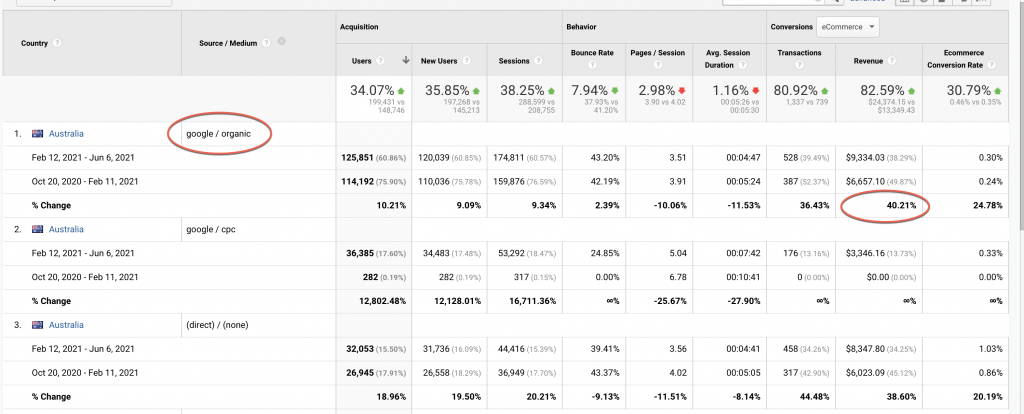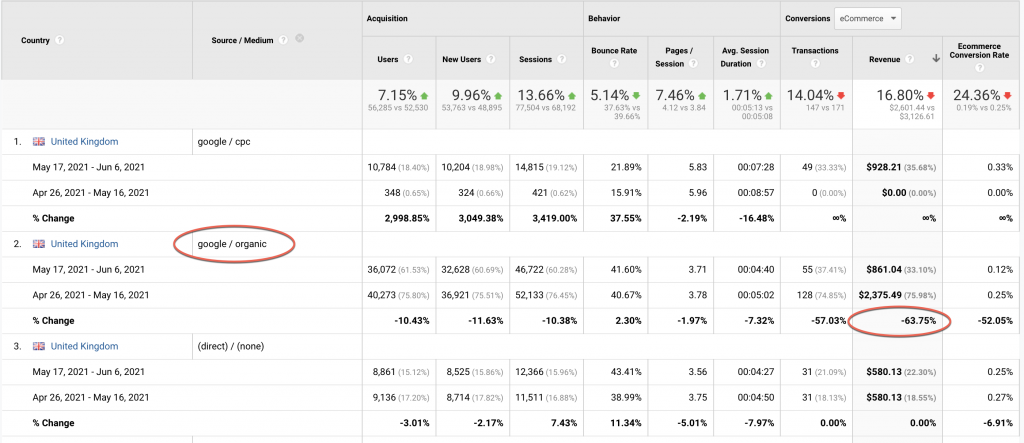Extending your Google Ads marketing to an international audience might sound simple.
After all, it’s simply a matter of adjusting a few settings in your Google Ads account, right?
If only it were so easy.
In fact, targeting international audiences with your Google Ads program can bring many challenges.
Because most PPC programs consist of a million moving pieces. And each piece can be impacted by a change in geographic targeting.
For example, you may need to adjust your messaging for local nuances. And if you’re targeting non-English speaking countries, you’ll need to translate your ads and landing pages.
Further, if your shopping cart is in U.S. dollars, you’ll have to consider whether to convert it to local currencies.
It may also create logistical challenges, such as the costs and delays of shipping across international borders.
Even if you plan carefully and make all the needed adjustments, you may find the results puzzling.
You may knock it out of the park in one country but struggle in the next—and you’ll have to analyze your program carefully to figure out what accounts for the difference.

The Strange Case of Google Ads Advertising in the UK
We saw this happen during a recent client onboarding.
The client hadn’t advertised outside the U.S. before but were open to the idea. Their product is delivered online, so shipping wasn’t an issue.
We already had some proof that advertising with Google Ads internationally could work well for this client. They weren’t yet targeting countries outside the U.S. with Google Ads, but they were still making non-U.S. sales. This gave us an inkling that demand is there.
So we checked in with the client to make sure no restrictions stood in our way, and we decided to test it out.
But first, we had to decide which countries to target.
Do we target Australia, Austria, Azerbaijan—or somewhere in between?
We looked at Google Analytics for guidance and decided to stick with predominantly English-speaking countries. This would allow us to circumvent the whole issue of translating ads and landing pages.
Ultimately, we decided to roll out to Australia and Canada first, later adding the UK.
We put the PPC campaigns in place. But when we reviewed performance two weeks later, we started to wonder if the UK wasn’t a good fit.
Usually, when you start advertising in a new country, you’ll see an increase in ecommerce conversions from BOTH organic search and paid search.
Which is exactly what happened with Australia:

As you can see, ecommerce metrics from organic search remain strong—and revenue was up 40.27% over the previous time period.
This makes sense. Typically, PPC campaigns increase BOTH organic search results and sales because you have more real estate on search results pages. It’s a win-win.
But what we saw in the UK was different:

Here, you can see that organic search ecommerce metrics are down—and revenue declined 63.75% when compared to the previous period. Yikes!
That wasn’t what we expected. But we knew to expect the unexpected, so we caught it quickly.
Next, we needed to figure out what was going on. We used some analytical tools, such as SEMRush, the Google Ads Preview tool and Google Trends to take a closer look.
Eventually, we deduced that the issue was a lack of paid ad competition for this product in the UK (which is a first!).
This lack of competition resulted in the paid search ads cannibalizing some of the organic results.
Don’t Give Up Too Easily
This explanation is plausible because the product is new and innovative. With no competing ads, it’s very possible that users were clicking on our client’s ad instead of the organic listing.
Does this mean we gave up on Google Ads advertising in the UK for this client?
No. Or, at least, not yet.
The U.K. market is big enough to warrant further experimentation.
We decided to lower bids dramatically on non-branded search terms to see if this will bring organic search conversions back up—and we’ll continue to monitor closely.
We’ve also scheduled quarterly audits to look for new competition in the UK market for this type of product.
If new competitors enter the market (and when a product is successful, new competitors will always enter), this may shift our results again and necessitate a revised strategy.
Anything Can Happen in International Google Ads Advertising
So was our foray into international Google Ads advertising a success for this client?
Yes! We’re doing well in Canada and Australia and hope to reach similar levels in the UK with our revised strategy.
But the larger lesson here is that international PPC advertising can be hard to pin down.
You have to be willing to experiment and monitor like crazy.
Because just like with domestic PPC campaigns, any change (big or small) can bring the unexpected.






